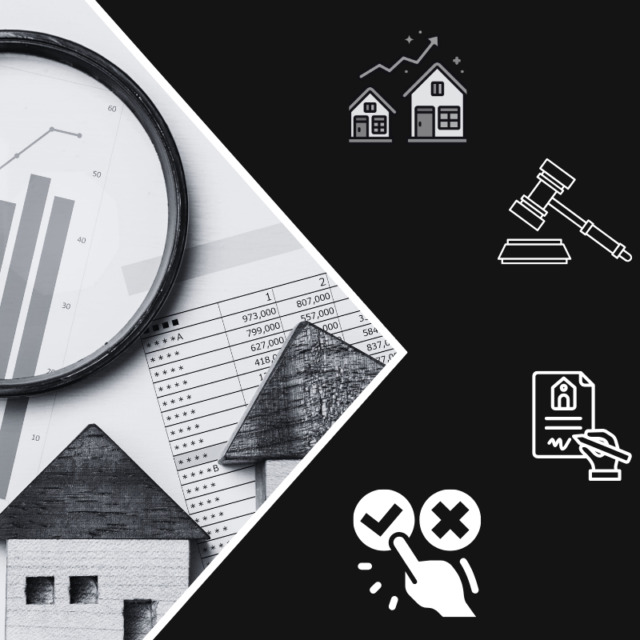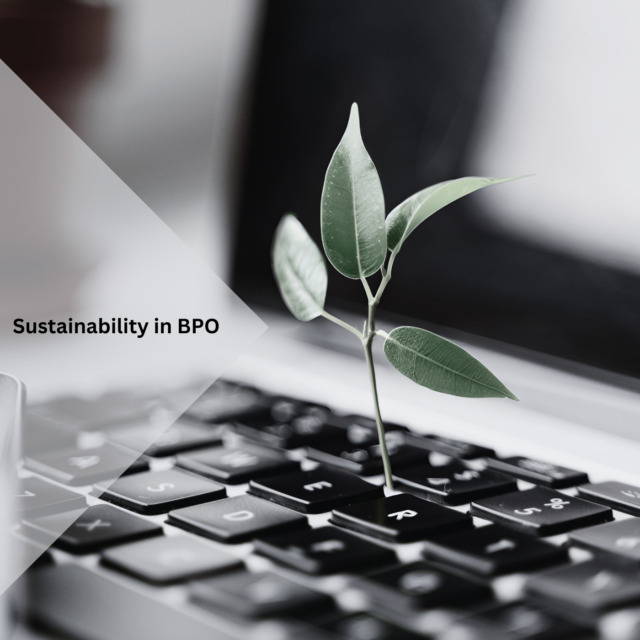The Business Process outsourcing, or BPO, industry has expanded dramatically in recent years, with start-ups and large brands outsourcing processes to reduce costs, streamline operations, and increase customer satisfaction. With this trend, the demand for competent workers in the BPO market has risen. If you want to work in customer service, data annotation, or back office support, you will need to acquire certain abilities. In this post, we’ll look at these important abilities for moving up in this interesting and quickly increasing sector. Let’s begin without further ado.
Skills That Help To Boost Your BPO Business Growth
Curiosity and Lifelong Learning
Curiosity is the number-one skill that everyone should develop. Regardless of your age, experience, or industry, adopting a continual learning mindset can help you thrive in tomorrow’s workplace. It makes you adaptable and helps you embrace our ever-changing world. Expanding your understanding of your sector allows you to enhance your talents and open up new opportunities as things evolve.
So, if you want to be successful, you must have a growth mentality and a willingness to learn. You will remain relevant to companies and have the best opportunity to lead a successful and meaningful life. One of the best parts about this skill is that you can improve it simply by asking questions! Remember that every inquiry is essential, and if you find yourself in a room with experts, take advantage of the opportunity to ask questions. You can conduct your own research. With today’s technology, you can access information and teach yourself about various topics.
Empathy Toward Yourself and Others
Empathy is now more crucial to a successful business than ever before. According to studies, employee empathy is directly related to company growth. Being at ease, confident, and empathetic when communicating allows you to empathize with any scenario. While this may appear to be an apparent ability for any career, it does require practice and dedication. Customers may be upset about something that has gone wrong. While they are not particularly furious with you, it may appear that way. When looking for a company to work with, make sure you can request de-escalation training or collaborate with your institution to identify relationship-building opportunities.
The importance of the human component cannot be overstated. We generally focus on hard skills such as mastering software, equations, and processes, but soft skills are equally important and should not be overlooked. We cannot forget about ourselves. In today’s fast-paced environment, we collaborate with our employees and provide them with the tools they need to take care of their mental and physical health. If you are not feeling well, you will struggle to do your best in whichever field you choose.
Critical Thinking and Innovation
In today’s society, you can see many points of view in the news, on social media, and across digital technology. All of this knowledge and opinion can lead to information overload; therefore, critical thinking is essential for success. Thinking critically means assessing issues and circumstances using evidence rather than hearsay, personal beliefs, or biases. When you practice critical thinking, you can consider the various perspectives that people may have based on their history, background, and culture. You can also examine something’s validity and determine what is true, as well as how people reach an agreement while having opposing opinions. That’s when the creative aspect comes in.
We describe creativity as the act of making innovative ideas a reality. So, critical thinking about something goes hand in hand with being innovative in solving it. Creativity is one of the most sought-after qualities in business, particularly when machines take over more regular activities. Improving your critical thinking and creativity skills might be similar to improving empathy, but it requires more investigation into the scenario and problem-solving.
Collaboration & Communication
We define collaboration and communication as communicating your thoughts and viewpoints in a way that the individuals you work with can readily understand. Today, the nature of collaboration and teamwork is evolving. Teams are no longer entirely in the same office; they now include hybrid workers, totally remote workers, contractors, and other personnel who switch between projects and teams. It can be more difficult because you are not face-to-face while figuring anything out. Written words lack intonation, verbal/visual signals, and body language that can assist us in grasping the tone of the person delivering the information.
Once again, active listening is a key to success here. If you want to enhance your active listening abilities, challenge yourself not to look at your various devices during meetings. Instead, focus totally on the speakers and take notes by hand. You may even draw images in your notes to help with memory retention. You can also be more collaborative if you have a pleasant attitude. Some people just focus on having nice discussions, while others meditate to educate their brains to be happy, and yet others emphasize their capacity to overcome obstacles. Learning how to be a better communicator can be a very personal experience.
Flexibility and Adaptability
You should analyze your willingness and openness to change. Change is difficult for some people and can cause stress. Change will be an even more powerful motivator in the future workplace than it is now. New technology, process automation, a faster pace, and an increasing number of disruptions will all continue. Developing mental resilience to thrive in times of rapid change is a talent that requires flexibility and adaptability. Flexibility and adaptability refer to the ability to adapt to new situations. Adaptable and flexible people are open-minded, interested, and eager to learn new things because they focus on opportunities rather than obstacles.
How do you improve your flexibility? The greatest approach is to work on breaking out of your comfort zone. I saw a movie once called I Bought a Zoo, and they talked about how it only takes 30 seconds of guts to put yourself out there when you are uncomfortable. If you are experiencing change that you are uncomfortable with, it is a good idea to write down your feelings and reactions so that you may understand why you are feeling a specific way and identify important problems that should be addressed.
Time Management and Prioritization
This can be a difficult ability to master because the amount of information available to you and the methods by which it is delivered to you are always changing. How you manage your time and adhere to deadlines and goals makes all the difference. It doesn’t matter if you work full-time from home, full-time in an office, or on a flex schedule with some time in the office and some time at home; your ability to manage your time effectively is critical for improving your performance and achieving an adequate work-life balance. I’m sure you’ve all heard that time management is about working smarter, not harder. Extra hours should not be required if you can become a master.
Developing efficient time management skills is essential for your emotional health as well as your work-life balance.
Digital and Data Proficiency
These skills can guide you in our very digital world. You can’t have knowledge of all of the tools that any future employer would utilize, so digital and data literacy skills involve your ability to understand modern devices, apps, and software. It’s important to research technology and what is possible with it. You can be trained on specific software easily if you understand how technology works in general and how it can help you manage, organize, and simplify work.
In addition to understanding digital technology, data literacy is now one of the most valuable business assets. Companies are seeking employees who can manage data and utilize it effectively. Even for an average business, the amount of data consumed by the organization is massive and never-ending. Data literacy defines the ability to access data and work with it with confidence.
Cultivating this skill requires you to work on extracting meaning from some data points you have access to, along with figuring out the best way to communicate with others about comprehensions and conclusions you find in the data. Data is an asset only if we make it; otherwise, it’s useless.
Leadership and Influence Skills
Good leadership is about supporting people to get the best out of their expertise and ensuring they prosper. And leadership skills are not just necessary for managers and executives. Leadership skills will be important for every individual throughout every company, whether they are leading a specific project, process, or team.
To grow your leadership skills, you must focus on growing your mindset, using the tools to develop a frame of mind that imitates your abilities, intelligence, and talent as your skills. A growth mindset empowers you to look at challenges and setbacks as opportunities to identify your strengths and weaknesses.
These skills can help professionals flourish in any industry. By adopting a growth mindset and cultivating these skills, you can stay relevant to employers and give yourself the best chance at building a successful career.
Who are we?
Trupp Global is one of the fastest-growing BPO companies out there. Led by our CEO, Naveed Ahamad—a visionary leader with a knack for creating seamless business processes—we’ve been making waves since 2017. Our mission? To simplify business operations and help organizations hit their goals with our range of services. From start to finish, we’re here to deliver transformational benefits to our clients.
Found this useful?





